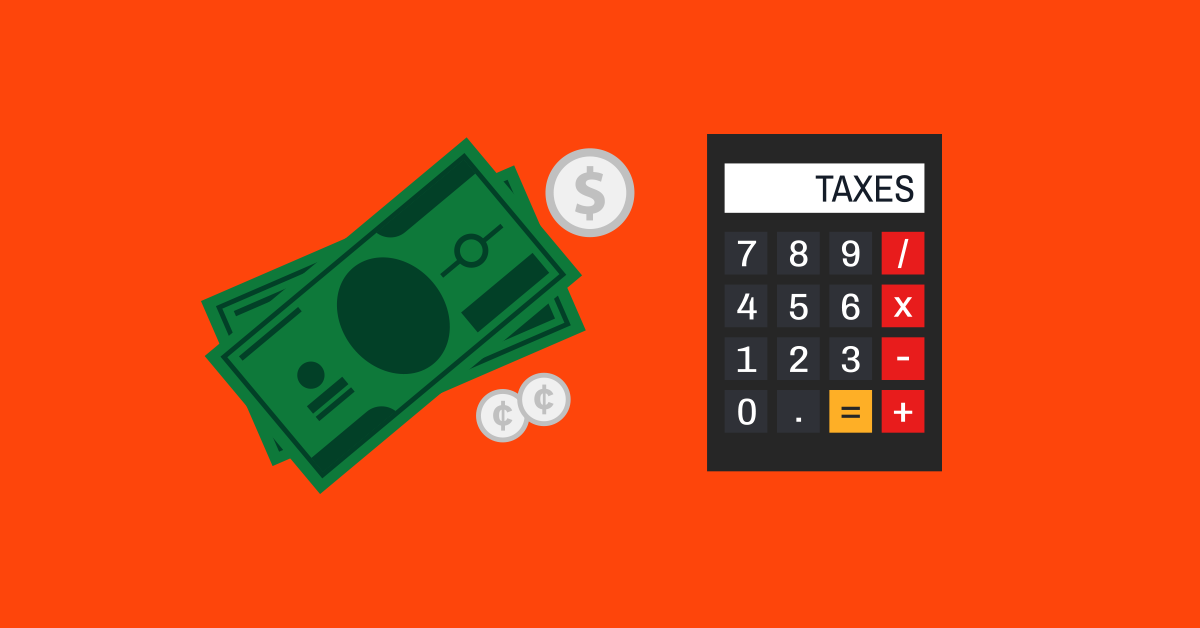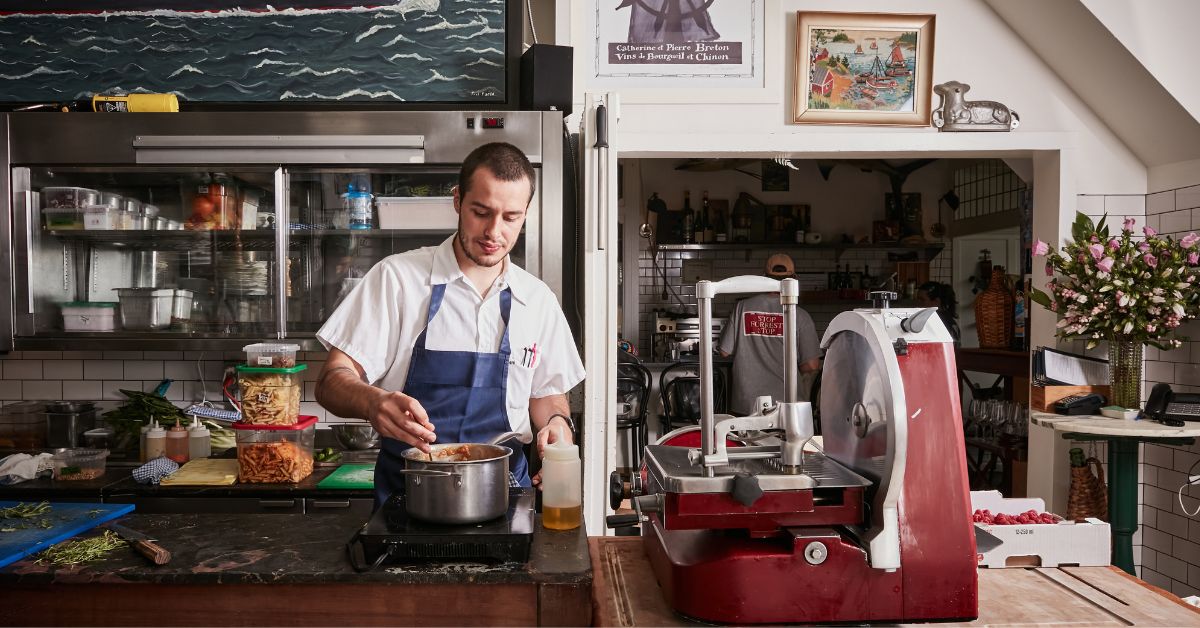
As a server in the US, you likely rely on tips from guests as the bulk of your income. The question is, should you be claiming all your tips? (Spoiler alert: yes, you should.) Not only is it illegal not to, but it may hurt your income in the long run. Before you leave a busy shift with a pocket full of cash, make sure you claim your tips—it’s easier than you may think.
In this article we’ll cover:
- How much you should claim in tips as a server
- Reasons why you need to be claiming your tips
- How to claim tips at the end of each shift
- Dos and don’ts of claiming tips
Learn how to improve your restaurant’s profits by reducing turnover, optimizing your space and more.5 ways to improve restaurant profitability
How much should a server claim in tips?
The IRS requires any server who is tipped more than $20 per day to claim their tips. Claiming tips properly helps ensure that you don’t owe large sums of money when tax season rolls around. It also helps you take out loans for big ticket items and avoid audits.
Why should I claim my tips?
As previously mentioned, not claiming your tips is illegal. But, there are a variety of other reasons as to why you should claim your tips.
1. Buying big ticket items
Not claiming your tips as a server can hurt your chances of taking out a mortgage, a car loan, student loans or other large bills. In order to make a large purchase that requires a loan, banks will look for proof of income. If your check states that you bring in $1,500 per month, but you actually make closer to $2,500 including tips that you haven’t claimed, they’ll be less inclined to lend to you.
2. Audits
Although the chances of being audited are rare, be mindful—especially if you’re a career server or bartender. The IRS will compare your average check sizes to those other tipping positions in your area. If your income is significantly lower than those around you, they may investigate.
3. It’s the law
At the end of the day, you are, in fact, breaking the law and committing tax fraud if you do not claim your tips. It’s spelled out plain and simple on the IRS’s website: “Employees are required to claim all tip income received.”
4. It’s easy
For some people, it isn’t the tax-free money that motivates them to underreport, it’s the hassle and confusion that deters them. The IRS provides online access to all important tip-claiming documents, such as Form 4070.
How to claim tips at the end of the night
According to the IRS, the deadline for reporting your tips is the 10th day of the following month that you receive them. Thankfully, Form 4070 is easy to fill out. It needs to be signed and show the following:
- Your name, address, and SSN
- Your employer’s name and address
- The month or period the report covers
- The total tips received
Typically, a restaurant has a tip recording process built right into their restaurant POS system. In fact, any credit or debit tips are added that are added at payment are logged directly into the system. This not only gives you an accurate total, but it makes managing your tips easier than ever.
Whether or not your restaurant POS allows you to track your tips, here’s what you have to keep in mind for IRS tip reporting:
- Make sure you fill out a Form 4070 every month to record your tips received the previous month and give it to your employer.
- Keep a daily tip record. Track everything and note what you’ve tipped out to other employees—that’s tax deductible!
- Report all of your tips on your individual tax return. Be sure to double check your W-2 when you get it at tax time to see if you owe more tax after the year’s withholdings. Also, make sure it’s correct—mistakes happen.
- Fill out a Form 4137 at tax time that covers the months when your tips were below the $20 per month minimum for reporting throughout the year in order to arrive at your complete taxable income.
Note: If you’re an owner, IRS tip reporting requirements are a bit different. Read about that here.

Dos and don’ts of claiming tips
Service charges
Most restaurants include automatic service charges or auto-gratuity for large parties. If your employer does, you are legally not required to report it because it is already accounted for and should be included in your wages.
If you are an employer, make sure your servers are following policy—auto-gratuity scams (when an employee takes advantage of customers who may not have noticed that the gratuity was already added and allows them to add an additional tip) are more common than you’d think. The IRS emphasizes an important difference between tips and service charges. If a customer adds something extra to the bill voluntarily, it’s a tip. If the restaurant adds the charge, it’s not a tip.
Claiming monetary tips vs. non-cash tips
There are two types of monetary tips: cash tips are tips received directly from customers, while charged tips (from debit & credit card charges) are distributed to the employee by the employer. These both need to be claimed.
Non-cash tips may include tickets to a game or event, vouchers, coupons, or other non-cash items. These do not need to be claimed as a cash tip, but you are still responsible for reporting non-cash tips at fair market value to the IRS.
Claiming shared tips
Wondering what percentage of tips a server is required to claim when it’s shared? If you receive shared or pooled tips, you are only responsible for claiming what you actually bring home. TurboTax explains, “…if you receive a $125 tip and give the busboy and bartender $35, then you only need to report $90 in tips.” If you are the recipient of a shared tip, only report your portion.
IRS documents may seem daunting, but claiming tips is easier than ever before. Keeping track of your tips on a daily basis will make tax season a breeze. More often than not, your restaurant’s POS will declare charge tips for you and require you claim all cash tips before you clock-out.
Need an easier way to keep track of tips? Find out how partnering with Lightspeed can help manage your workforce.

News you care about. Tips you can use.
Everything your business needs to grow, delivered straight to your inbox.




